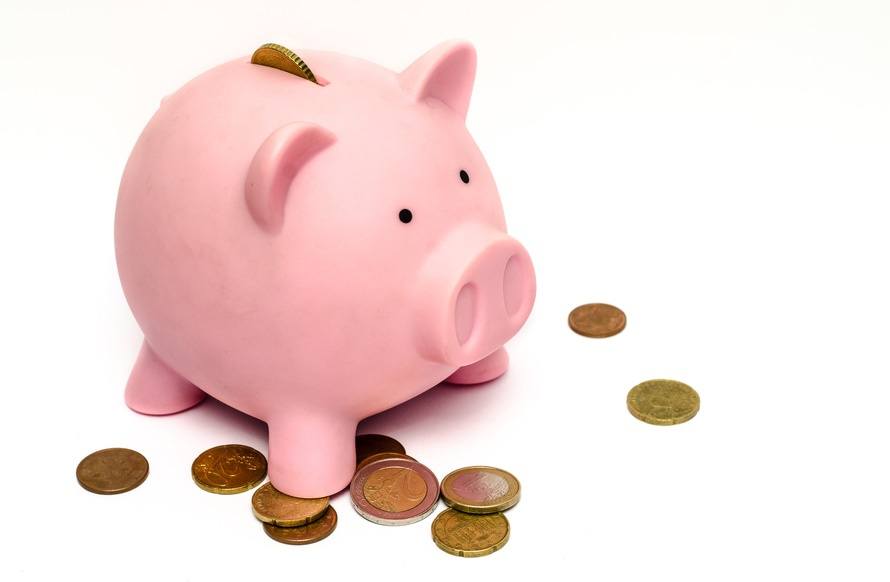When people are thinking about filing for bankruptcy, they often wonder how much of their debt will be erased or discharged. This is because when debt is discharged, individuals aren’t legally required to pay it back and creditors can’t come after them. Although bankruptcy eliminates some debt, it may not eliminate all of it. This is why it is important to know which types of debt will be discharged and which will remain intact after filing for bankruptcy.
When filing for bankruptcy, debts can be: (1) fully discharged, (2) partially discharged or (3) non-discharged. This depends, however, on the type of bankruptcy (Chapter 7 or 13) you file. Below are the most common types of debt and how they are discharged in bankruptcy.
Fully Discharged
- Medical debt, which includes all medical bills from doctors, labs, hospitals, out-patient surgery centers, dentists and other medical providers, can be fully discharged if you file for Chapter 7 bankruptcy. Many people with medical debt file for Chapter 7 bankruptcy if they are eligible, because there is no dollar amount cap and all debt is completely erased.
- Credit card debt (including overdue and late fees) can be fully discharged by filing for Chapter 7 bankruptcy. This is because most credit card balances are considered as an unsecured debt and therefore, are erased through bankruptcy.
- Personal loans. Any personal loans are fully discharged at the end of your Chapter 7 bankruptcy. However, keep in mind that if you pledge an asset as collateral when you took out the loan, your bankruptcy may discharge your personal liability on the loan, but the creditor will still likely repossess the collateral if you don’t pay.
- Mortgage and/or car loans. Similar to personal loans, mortgage loans are fully discharged through Chapter 7 bankruptcy. However, this will not prevent foreclosure or repossession of your home and/or car if you do not make payments going forward.
- Collection agency accounts are fully discharged as long as you file for Chapter 7 bankruptcy.
- Utility bills (past due amounts only) are also fully discharged by filing for Chapter 7 bankruptcy. The utility company may request a deposit toward future service.
Non-Discharged
- Debt incurred after filing for bankruptcy. Only debts that happened before your bankruptcy filing date will be considered for discharge. This means any debt incurred after filing for bankruptcy, will not be included and you will be legally responsible for paying it back.
- Liens. If you have a secured debt (a debt where the creditor has placed a lien on your property and can repossess it if you do not pay back the debt), the creditor may still repossess the property if you default in payments.
- Spousal or child support, or alimony payments. Child support and alimony responsibilities survive bankruptcy — you will continue to owe these debts in full, just as if you had never filed for bankruptcy.
- Student loans are often non-dischargeable because you need to prove that repaying the loan would cause you “undue hardship”. This standard is difficult to meet as you’d need to show you can’t repay your loans now and also will not be able to in the future.
- Unscheduled debts (any debts you forget to include when filing for bankruptcy). You need to include ALL debts in your bankruptcy filing. It is possible that bankruptcy will erase unscheduled debt. The best advice is to be sure to list every creditor.
- Tax debt. While there are a few exceptions, most tax debts aren’t erased in bankruptcy. You’ll continue to owe them at the end of Chapter 7 bankruptcy, or you’ll have to repay them in full through a Chapter 13 bankruptcy repayment plan.
- Court fines and penalties for violating the law will not be erased.
If you’re considering filing for bankruptcy as an option for dealing with your debt and want to learn more about which types of debts will be discharged and which will remain after filing, please contact me to schedule an appointment.

